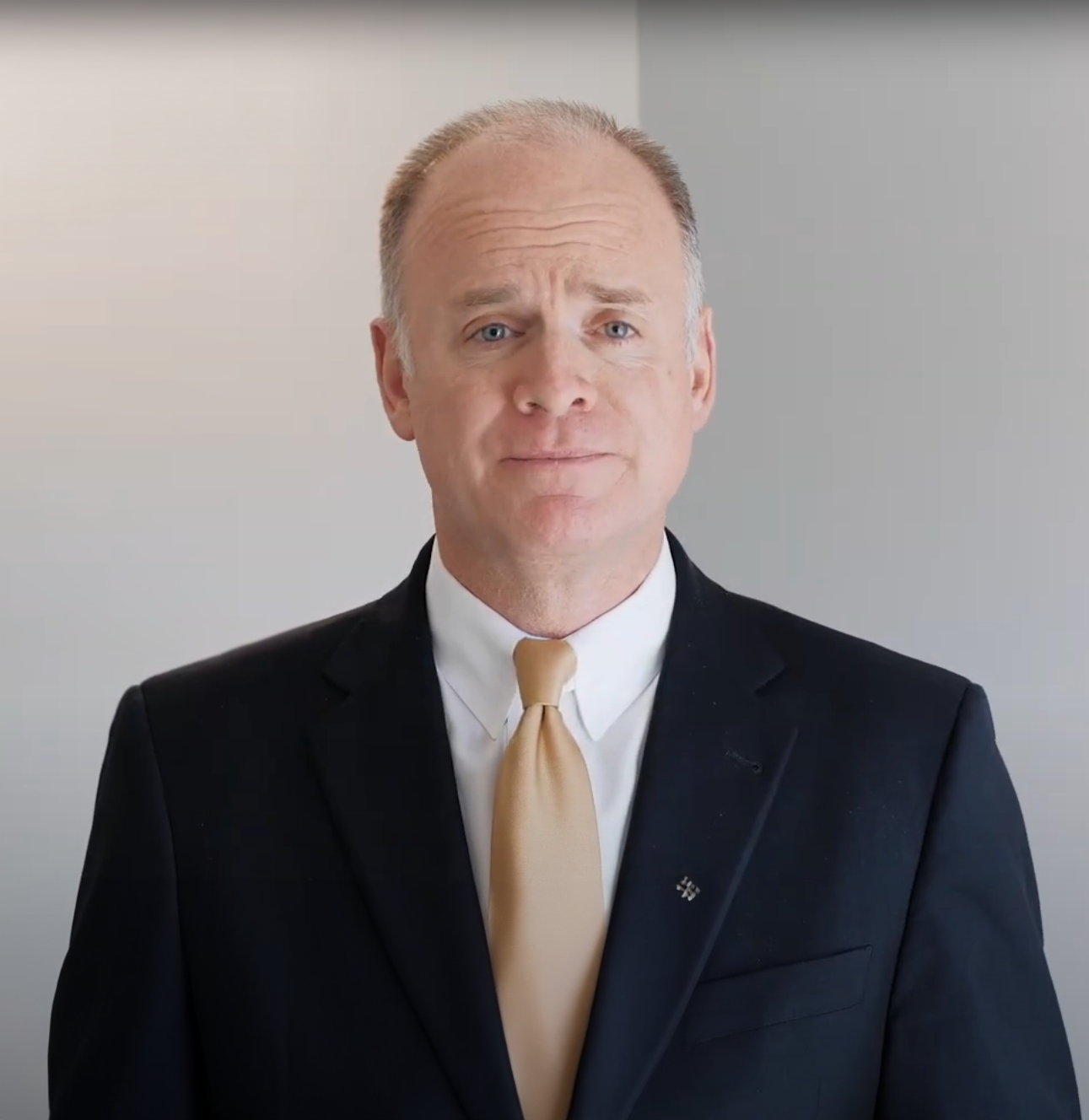
Should Everyone Have a Financial Plan?
No matter your financial circumstance, everyone should have some level of money management plan. Sounds daunting, doesn’t it? It really isn’t. The degree of money management required is completely dependent on your situation and overall financial goals.
What Is Money Management?
Money management has many facets—it involves everything from creating a budget to maintaining emergency cash reserves. This is where different circumstances and personalities come in. Some of us live rigidly by our budget constraints, and others merely check the balance at the end of the month to see if anything is left. Realistically, most of us fall somewhere in the middle.
Why Is It Important To Have A Money Management Plan?
Having a money management plan enables you to focus on your financial goals to enact a lifestyle that empowers you to achieve them. Budgeting and being able to stick to this is a critical element.
Ask yourself this: How can you know where you’re going if you don’t know where you are?
It doesn’t matter what your financial aims are. Whether you’re looking at retirement, saving for college, mitigating risk, or anything else, setting money management goals and objectives makes it easier and more realistic.

How To Manage Your Money Properly
Procuring a rainy day fund isn’t at the top of many people’s lists. Many of us live in a cycle of earning and spending or saving for a particular reason and then spending it all. Additionally, while preparing for retirement is important, you need to be prepared for a period of time without income or an unexpected expense.
A great way to do this is to separate your money into two pots.
The first pot is readily available and easily accessible should you need it in case of emergency—there’s no risk attached to this, and it’s not even worth considering the potential yield from investments.
Pot two is to be liquid and used to generate a higher yield than traditional savings accounts. This cash can still be accessed and available should you need it, but you’re putting it to work toward your financial goals.
Essentially, in an ideal money management plan, you’ll have an untouchable reserve kept aside for emergencies. In addition, a second pool of cash is used to keep making steps forward toward retirement, college savings, or that second home you’ve always dreamed of.
Credit Management & Clearing Debt
Managing credit and paying off interest accruing debt form part of any successful money management plan. The debt you should aim to pay off includes credit cards or anything with revolving interest.
Often, leveraging strategies are used to help this process. As your circumstances improve and debt is paid down, cash begins to flow more freely, and more money becomes available, making it possible to build emergency reserves and start working toward other financial goals.
A fantastic way of assessing the value of interest accruing purchases is relativity. As a guide for making any credit-related purchasing decisions, you need to compare its actual value vs. how much you’ll pay in total.
For example, a $1,000 purchase is really a $1,845 purchase over five years at 13%. Ask yourself, is it worth the total actual cost, not only nominally but also in terms of the lost opportunity cost in the form of interest you could have kept?
This kind of to-buy or not-to-buy analysis can help in making good money management decisions.

Stay Focused: Setting Money Management Goals & Objectives
In summary, effective budgeting, debt management, and clearing debt are crucial to any money management plan.
No matter your income or financial goals, learning how to look after your funds, make them work for you, and make good purchasing choices is the only way to achieve your objectives.
Get in touch today to start financial and retirement planning with an expert today.
*David R. Guttery, RFC, RFS, CAM, is a financial advisor and has been in practice for 31 years. He is the president of Keystone Financial Group in Trussville, Ala. David offers products and services using the following business names: Keystone Financial Group – insurance and financial services | Ameritas Investment Company, LLC (AIC), Member FINRA / SIPC – securities and investments | Ameritas Advisory Services – investment advisory services. AIC and AAS are not affiliated with Keystone Financial Group. Information provided here is gathered from sources believed to be reliable; however, we cannot guarantee their accuracy. This information should not be interpreted as a recommendation to buy or sell any security. Past performance is not an indicator of future results.







